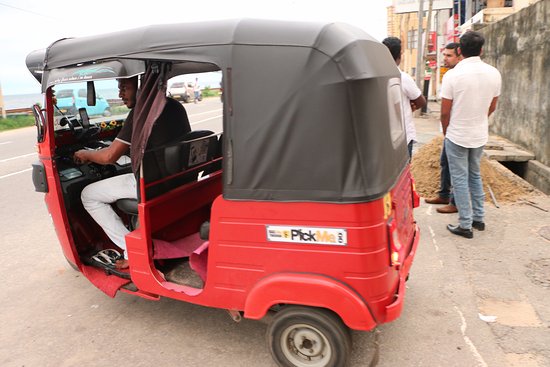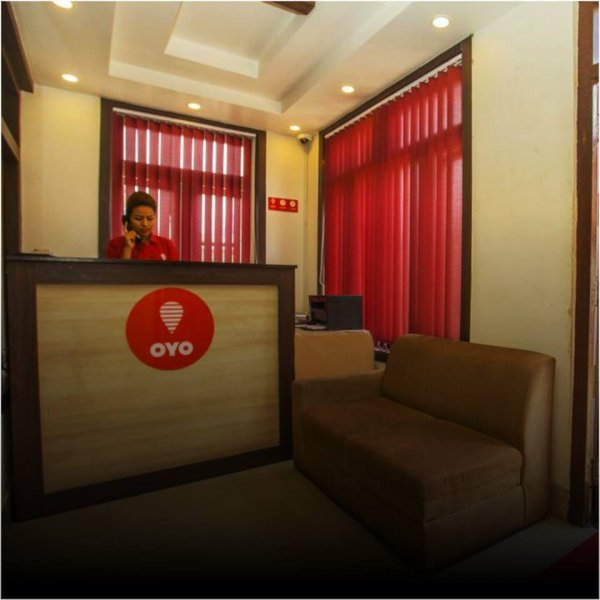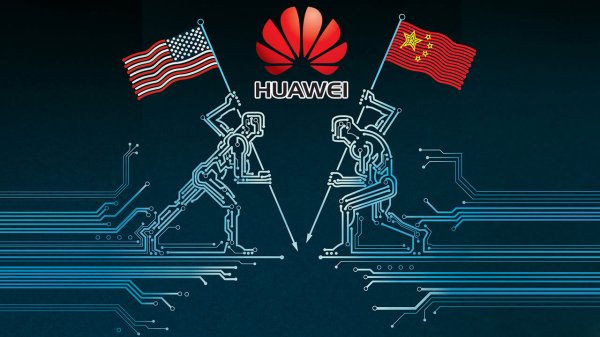
We rely on brands for everything from making a phone call to feeding ourselves to even securing our homes. This is where consumer brands become a vital part of our day-to-day activities, offering consumers a wide variety of products and services that improve their quality of life. Brand Finance, a trusted name in business and brands, has been evaluating and ranking Sri Lankan brands every year for the past 15 years, listing out brands that offer the best in convenience, quality, products, and services.
We interviewed the Managing Director, Ruchi Gunewardene from Brand Finance to shed some light on what sets the best apart from the rest.
1. What are the key factors that make a consumer brand of high value?
Brand Finance uses a judging process that’s part of a global initiative carried out by companies internationally, to judge the value of a brand. In a global context, the brands that have emerged on top are brands such as Amazon, Google, Samsung, Apple. We use the same criteria to judge the Sri Lankan brands’ performances so that our citizens know which brands offer them the best value.

There are two ways that brands score points:
- How the brand creates value to its business
- The strength of their customer relationships
The first factor takes into account how the brand takes care of themselves, both as an individual business entity and the industry. It calculates their presence and business etiquette, which generates great value for their business core, industry, employees and shareholders. The second-factor documents how the brand is perceived by its customers and how strongly customers associate or stay loyal to the brand. In other words, the stronger the customer’s association or brand loyalty, the higher the brand value.
These two metrics bring together the two most important elements for a brand’s sustainability and enable us to judge its future progression. This judging method includes both a financial and a customer-centric implication to decide where brands stand in their respective industries.
2. What does it mean for Sri Lanka now that a tech brand such as Dialog has been ranked first?
Globally, most current top brands are of a tech background, but 15 years ago you would have only seen brands such as Coke, Walmart and such dominant brands. We now live in an information- and technology-based lifestyle, especially with automation being on the frontlines of our daily tasks.

Although in Sri Lanka there aren’t many technology or e-commerce brands, we have seen a rise in these kinds of brands in the past few years with brands such as Ikman, PickMe, and even Uber. These brands have comparatively just started out, but they have successfully penetrated their respective markets by embracing technology and slowly getting their customers used to its benefits. It’s great that Sri Lanka is starting to slowly shift towards appreciating technology and e-commerce.
Dialog, on the other hand, is a brand that has pioneered within the technology industry since its inception because their core is tech-based.
This means Sri Lanka is headed towards the right path and has started to embrace technology, which enables us to mirror global trends.
3. How can brands strengthen their presence?
Contrary to popular belief, it’s not all about advertising, media presence, or promotions. It’s about creating valuable and sustainable connections with all those associated with the brand from stakeholders, suppliers, employees, to customers.
To build or strengthen the brand, a purpose also known as brand mission must be defined from the start. This ensures that all product development, employee engagement, and customer servicing revolves around it and adheres to it. When a business core is crystal clear, all those associated with the brand understand how they should interact and behave, which resonates the brand essence both internally and externally.
Dialog is a great example when it comes to defining brand mission. They stick to their brand vision of being ‘The Future Today’ by living, breathing and working within their brand essence.
4. How do you suggest businesses adapt to international trends?
There are many aspects to this, and it all depends on the level of experience of the brand.
The biggest challenge for already big and established corporates is how to absorb technology and be tech-savvy. Due to already established companies being used to the brick-and-mortar business, they have to unlearn what they have been used to and learn new tricks all over again. They must learn to innovate and enable their businesses through a technology platform. They should embrace technology in order to do well and provide better customer care, faster response rate, new products and services, and keep up with the younger customer’s demands and lifestyle.

Startups need to establish confidence in e-commerce and tech-based payment methods amongst their audiences. They also need to procure necessary funds and scale up so that they can provide their customers with contemporary products and services.
5. What are the challenges that the Sri Lankan startup ecosystem will have to adjust to in the next five years?
I foresee a few challenges that startups will have to keep an eye out for, but the main three will be tech and funding based challenges. Adoption of technology by customers, especially since Sri Lankans are yet to completely trust e-money. The other obstacle would be procuring investors who will continue funding for a minimum of five to six years. The next challenge would be scaling up to fit the Sri Lankan market. In a country as small as Sri Lanka, it can be very tricky to offer long-term products and services.
6. How do you suggest businesses balance increase being customer-centric?
Positive customer engagement is always good for business, apart from offering a great product or service, because that’s the first customer touchpoint. This should never be forgotten.
The customer has to get to know the brand, to believe the brand and try its products or services. It’s only after they try it, that they would repurchase and recommend you to their loved ones.
Engaging and maintaining a good relationship means the customer feels looked after; break the chain and you lose momentum and lose a string of other customers who would have otherwise been loyal to your brand, which will end up hurting your business.
Remember that the customer needs to be happy with the brand if it is to succeed.
7. How do Sri Lankan businesses utilise customer touchpoints?
Customer touchpoints are very important, and it starts not from within the business, but from external sources.
These are the touchpoints that brands need to establish.
- Ensure that you are easily accessible via a website, social media platforms, and even mobile apps
- Help customers understand services and products offered by offering detailed information
- Manage inquiries effectively, efficiently and as fast as possible
- Purchase methods need to be clear and employees must be friendly and helpful
- Ensure that the brand’s experience is one that customers will keep coming back to
- Create and nurture sustainable practices
8. In your opinion, what does the future of consumer brands in Sri Lanka look like?
Brand Finance has been evaluating brands for the past 15 years and has been privileged to witness the progression of individual brands and all consumer brands in Sri Lanka and a broader perspective shows an upwards trench. I see an increase in brand value which leads to an increase in business growth, after which customer engagement can increase.
I feel that there will be an increase in tech-based companies as there is already an increase in brands embracing technology and e-commerce.
Smart companies who utilise agile and clever business methods will use positive customer care practices to overtake legacy companies that operate on older modules.

9. What are Dialog’s top three attributes that earned them #1?
- Clear brand purpose
Dialog has defined its products and services to fit their business core, which has allowed them to deliver at a consistent rate.
- Effective and efficient customer service structure
They show customer service commitment within the organisation and have consistently improved their responses throughout the years.
- Pioneer their market
They have always been a brand that has stood out and offered their customers what they need before they even realise they need it. They went from SMS to 4G, providing their customers the best, thereby setting the standard for consumer technology.
With all that going on, it’s hard not to notice Dialog in Sri Lanka.








